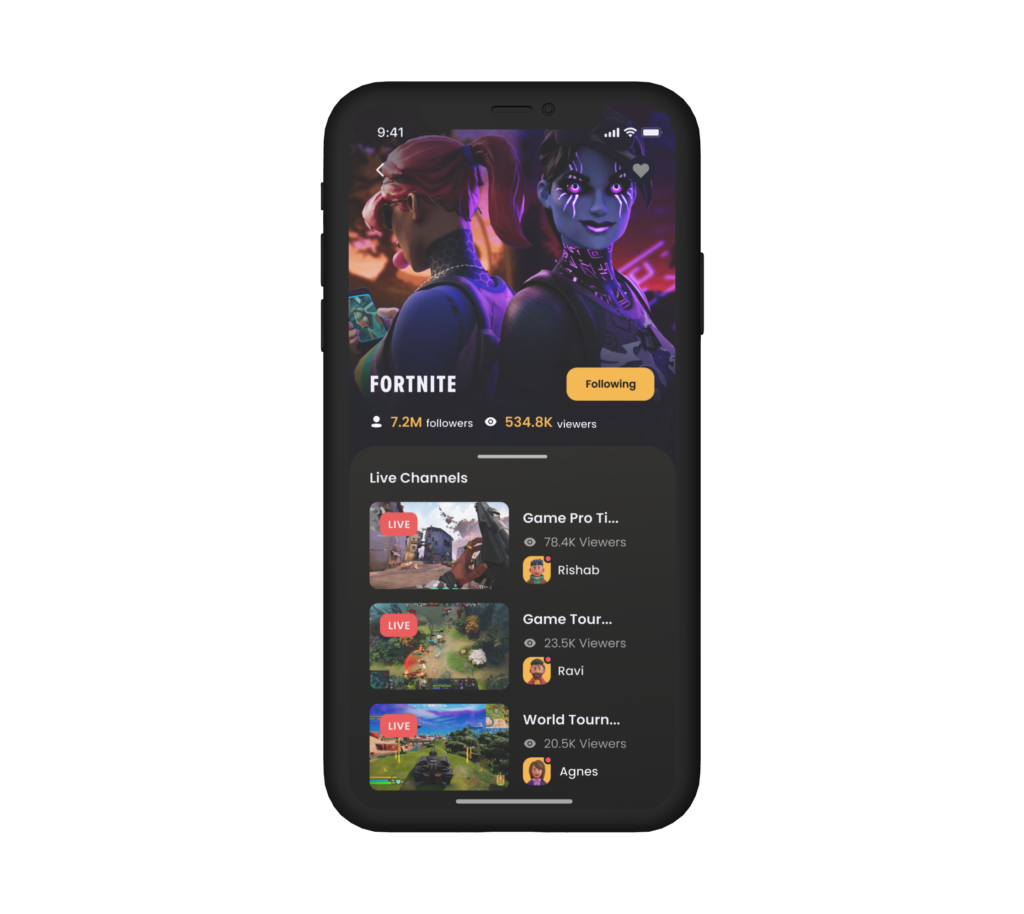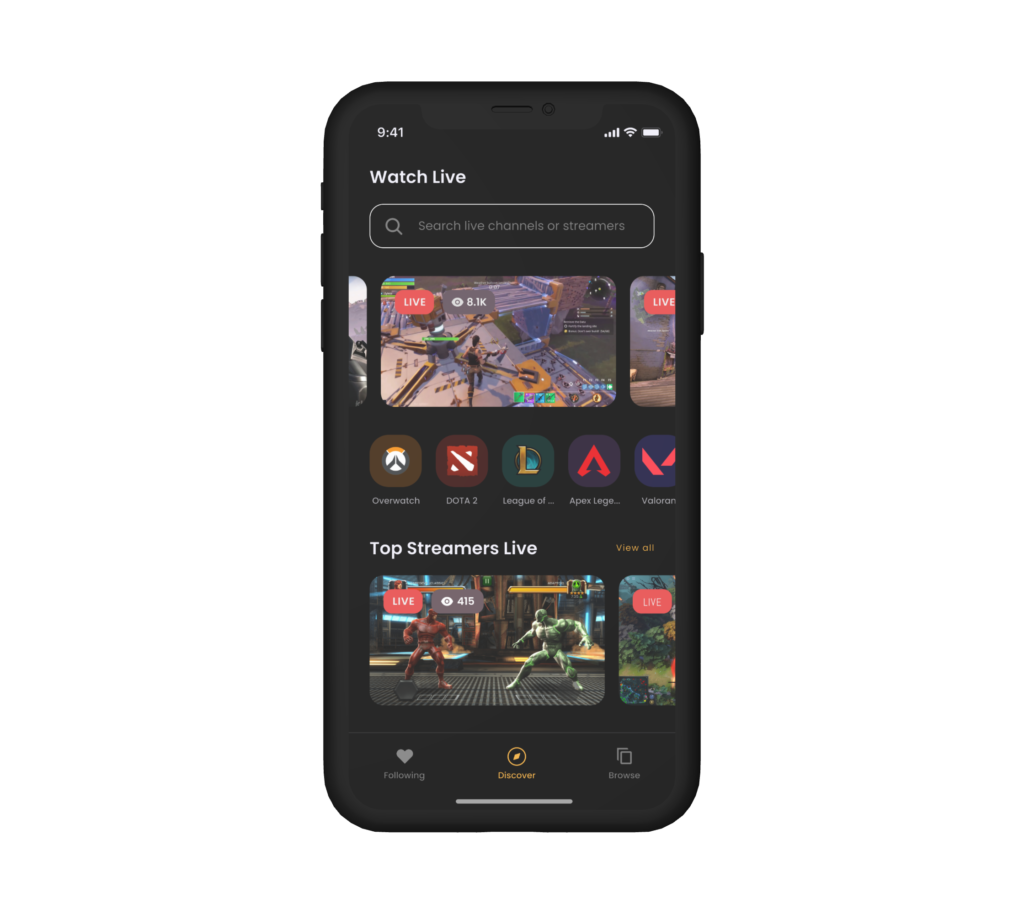What We Provide In games app
Gaming has come a long way from the days of Pong and Space Invaders. In today’s digital age, the world of gaming has been revolutionized by the emergence of game apps. These portable, interactive, and immersive experiences have taken gaming to new heights, making it more accessible and engaging than ever before. In this comprehensive guide, we will delve into the world of games app, exploring their benefits, essential features, major players in the industry, and how to develop a successful games app. Additionally, we will discuss the technologies, time frames, and costs involved in creating your own game app. So, let’s embark on a journey to discover how game apps are shaping the way we play, compete, and connect in the digital realm.

Benefits of games app
Game apps have transformed the way we entertain ourselves, offering a plethora of advantages for players of all ages:
- Portability: Game apps are available on smartphones and tablets, allowing users to carry their favorite games wherever they go.
- Accessibility: They are user-friendly and require minimal setup, making them accessible to players of all skill levels.
- Variety: Game apps cover a wide range of genres, from puzzle and strategy games to action and simulation, catering to diverse player preferences.
- Social Interaction: Many game apps offer multiplayer modes, allowing players to compete or collaborate with friends and gamers worldwide.
- Engagement: With immersive graphics, sound effects, and gameplay, game apps provide a deeply engaging experience.
- Challenges and Rewards: Gamification elements like achievements, rewards, and leaderboards keep players motivated and competitive.
- Continuous Updates: Developers frequently release updates and new content, ensuring long-term engagement and freshness.
Features of games app
Game apps come equipped with a variety of features that enhance the gaming experience and keep players hooked:
- Rich Graphics: High-quality graphics and animations create visually stunning and immersive worlds.
- Intuitive Controls: User-friendly controls and touch-screen interfaces make gameplay accessible to all.
- Multiple Levels: Games often have progressive levels of difficulty to keep players engaged.
- Multiplayer Modes: Many game apps offer online multiplayer modes for competitive or cooperative play.
- In-App Purchases: Players can buy virtual goods, power-ups, or cosmetic items to enhance their gaming experience.
- Achievements and Leaderboards: Gamification elements like achievements and leaderboards promote competition and achievement.
- Regular Updates: Developers provide frequent updates, bug fixes, and new content to keep the game fresh.


Functionalities of games app
A successful game app should encompass a range of functionalities to provide a seamless and immersive gaming experience:
- Gameplay Mechanics: Engaging gameplay mechanics that captivate players and encourage them to keep playing.
- Graphics and Animations: High-quality graphics, animations, and sound effects that create visually stunning and immersive worlds.
- Intuitive Controls: User-friendly controls and touch-screen interfaces that make gameplay accessible to all.
- Multiple Levels: Progressive levels of difficulty or challenges that keep players engaged and motivated.
- Multiplayer Modes: Online multiplayer modes for competitive or cooperative play and social interaction.
- In-App Purchases: Optional in-app purchases for virtual goods, power-ups, or cosmetic items to enhance the gaming experience.
- Achievements and Leaderboards: Gamification elements like achievements and leaderboards that promote competition and achievement.
- Regular Updates: Frequent updates, bug fixes, and new content to keep the game fresh and engaging.
Technologies, Time Frame, and Cost
Developing a game app involves several considerations, including the choice of technologies, time frame, and costs:
- Technologies: Depending on the platform (iOS, Android, or both), technologies like Unity, Unreal Engine, Cocos2d-x, or custom game engines may be used. Backend technologies like Node.js, Ruby on Rails, or Django can be chosen for online features.
- Development Time Frame: A basic game app can take approximately 3-6 months to develop, while a more complex game may require 6-12 months or longer.
- Cost Range: Development costs can vary widely. Basic apps may start at $50,000 – $100,000, medium complexity apps ranging from $100,000 – $500,000, and complex apps exceeding $500,000 in development costs.
